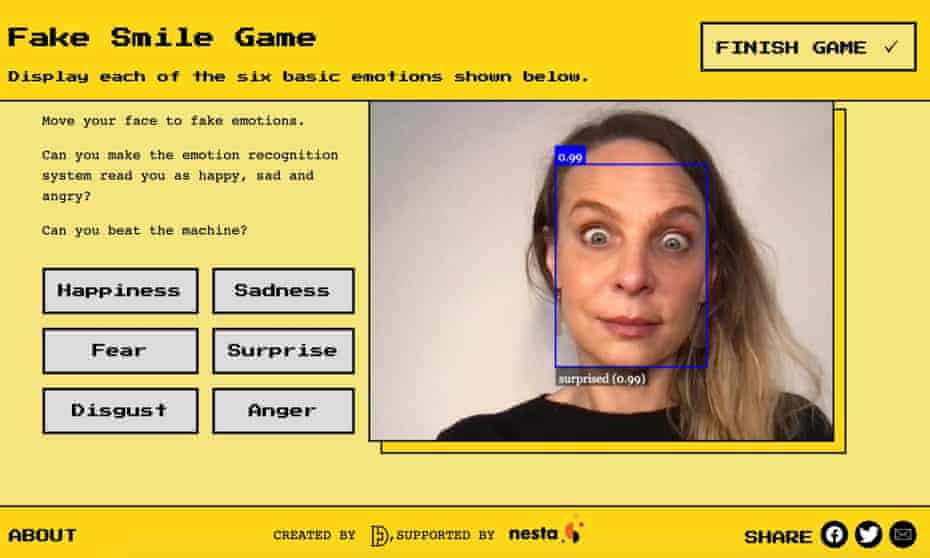The Proliferation of AI Ethics Principles: What’s Next?
The Montreal AI Ethics Institute has republished a nice article by Ravit Dotan, The Proliferation of AI Ethics Principles: What’s Next? Dotan starts by looking at some of the meta studies and then goes on to argue that we are unlikely to ever come up with a “unique set of core AI principles”, nor should we want to. She points out the lack of diversity in the sets we have. Different types of institutions will need different types of principles. She ends with these questions:
How do we navigate the proliferation of AI ethics principles? What should we use for regulation, for example? Should we seek to create new AI ethics principles which incorporate more perspectives? What if it doesn’t result in a unique set of principles, only increasing the multiplicity of principles? Is it possible to develop approaches for AI ethics governance that don’t rely on general AI ethics principles?
I am personally convinced that a more fruitful way forward is to start trading stories. These stories could take the form of incidents or cases or news or science fiction or even AI generated stories. We need to develop our ethical imagination. Hero Laird made this point in a talk on AI, Ethics and Law that was part of a salon we organize at AI4Society. They quoted from Thomas King’s The Truth About Stories to the effect that,
The truth about stories is that that’s all we are.
What stories do artificial intelligences tell themselves?





